Top Signs You Need TMJ Treatment

The temporomandibular joint (TMJ) is a critical hinge that connects your jaw to the temporal bones of your skull. It’s responsible for allowing you to move your jaw up and down and side to side, so you can talk, chew, and yawn. But like any other joint in your body, the TMJ can run into problems, commonly referred to as TMJ disorders or TMD.
Are you wondering if you’re one of the many suffering from a TMJ disorder? Here are the top signs indicating that it may be time for you to seek TMJ treatment.
- Jaw Pain or Tenderness: If you experience constant or recurring pain in your jaw, especially near the joint, it could be an indication of TMD.
- Painful Chewing: Pain while chewing can be a significant disruption to daily life. If eating your favorite foods has become a painful chore, this is a clear sign that you should consult a dental professional about potential TMJ issues.
- Locking of the Joint: If your jaw joint gets stuck or locked, making it difficult to open or close your mouth, it’s a strong indication of a TMJ disorder.
- Sounds in the Joint: Are you hearing clicking, popping, or grating sounds when you open and close your mouth or chew? While it’s not always painful, these noises can signify a TMJ issue.
- Facial Pain: TMJ disorders can manifest as pain that feels like it’s coming from around your ear, but can also spread to other parts of your face.
- Earaches and Ringing: Many patients mistakenly visit an ENT specialist for ear problems when the root of the issue is actually TMJ-related. If you’re experiencing earaches or tinnitus (ringing in the ears) without an apparent cause, it might be linked to your jaw joint.
- Headaches or Migraines: Regular headaches, especially upon waking up, can be associated with TMJ disorders. The tension and strain from grinding or clenching your teeth, common symptoms of TMD, can lead to these painful headaches.
- Changes in Bite: If you suddenly notice that your upper and lower teeth are not fitting together properly, it can be a result of changes in your jaw joint alignment due to TMD.
If you recognize any of these symptoms, it’s essential not to ignore them. Early intervention can lead to more straightforward, less invasive treatments and can prevent the condition from worsening over time.
Take the Next Step Towards a Comfortable Jaw
We offer comprehensive evaluations and devise personalized TMJ treatment plans. Treatment can range from very conservative to more advanced. Thorough evaluation will assist in determining the best option for your individual needs. Your well-being and comfort are our priorities. If you suspect you may have a TMJ disorder, don’t hesitate to reach out to us for a consultation.
Remember, living with pain isn’t a necessity. By recognizing the signs early on and seeking the right treatment, you can lead a more comfortable and pain-free life.
Posted on behalf of
1820 The Exchange SE, #600
Atlanta, GA 30339
Phone: (770) 953-1752
FAX: (770) 953-6470
Mon - Thu: 8:30 AM – 5:30 PMClosed for lunch: 12:30 PM - 1:30 PM









